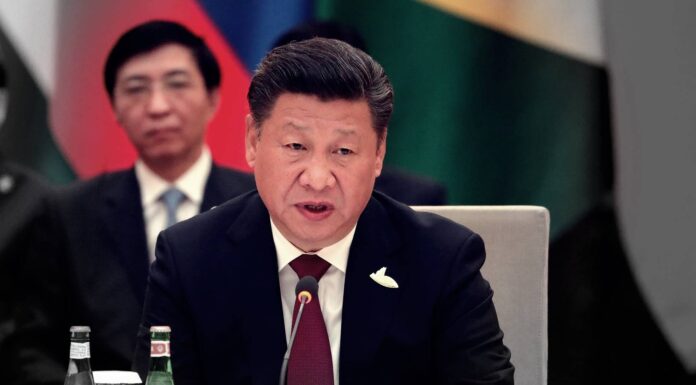Xi Jinping’s leadership in China has been marked by skepticism of market forces and a strong focus on national security. While this may be aimed at protecting the country’s interests, it is also hindering economic flexibility and stifling entrepreneurial innovation. Xi’s approach seems to prioritize stability and control over economic growth and dynamism, which could limit China’s ability to adapt to changing global economic trends.
During Xi Jinping’s tenure, China has faced numerous economic challenges due to his cautious approach towards market reforms and emphasis on state control. This has led to concerns about the country’s ability to keep up with technological advancements and global competition. The lack of flexibility in the economy could potentially hamper China’s growth and innovation in the long run, as entrepreneurial ventures struggle to thrive under strict government regulations.
As China grapples with economic challenges under Xi Jinping’s leadership, there is a growing need for a more balanced approach that allows for both national security concerns and economic innovation to coexist. Finding a middle ground between state control and market forces could be crucial for China’s long-term economic success. Adaptability and openness to change will be essential for the country to navigate the complex and rapidly evolving global economic landscape.
Source link : China’s Economic Challenges During Xi Jinping’s Tenure

